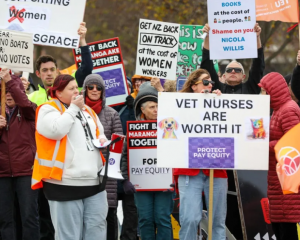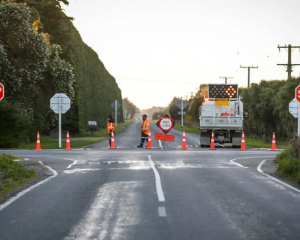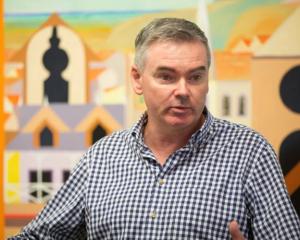A lobby group for sawmillers affected by the chemicals used in their industry says it is nearing the end of a 20-year battle for acknowledgement.
Ministry of Health executive Sally Gilbert visited Whakatane to meet Sawmill Workers Against Poisons (SWAP) today, giving them details of a tender document that will be the first step in setting up and funding a health support service for the surviving workers and their families.
SWAP's stakeholder committee includes mill worker Joe Harawira, Bay of Plenty medical officer of health Phil Shoemack, the Eastern Bay Primary Health Organisation and Ngati Awa Social and Health Services.
SWAP has not asked for financial compensation, but wanted free medical treatment, free doctor's visits and ongoing research to help families and future generations.
Mr Harawira said there had been anger and upset in the early days of the campaign when their claims had been dismissed.
"There were some rough meetings in the 1990s," he said.
"They said there wasn't enough evidence, it was all based on the balance of probability and the onus was on us to prove our point.
"We realised we had to build relationships. Now we are over the blame factor and on to the fix-it factor."
Mr Harawira said he was "elated" after today's meeting.
Referring to a letter he received from associate health minister Damien O'Connor outlining the health support service proposal, he said: "Yeah - I feel we've been acknowledged now."
In the 1980s, Mr Harawira knew nothing about the dangers of the chemicals he was using to treat timber at the Whakatane board mill.
The workers only started asking questions when a representative of the timber workers union arrived to carry out health monitoring.
But even until the Whakatane mill closed in 1988, none of the workers had any idea about the health implications of their exposure to the likes of pentachlorophenol (PCP), an anti-sapstain timber treatment phased out in the 1990s.
Twenty-three SWAP members were included in an extensive study carried out by Massey University.
The study found they had much higher levels of dioxin in their blood than other mill workers in the study and double the levels of the residents of Paritutu, who live close to the Ivon Watkins Dow chemical plant in New Plymouth.
Paritutu residents exposed to harmful levels of dioxin from the chemical plant were offered free annual health checks and other health support services in July.
These residents suffered secondary exposure, compared with the majority of SWAP members who worked directly with the treated timber on a daily basis.
Workers have succumbed to cancer, diabetes, kidney, liver and heart failure, and SWAP members continue to average a mortality rate of between 12 and 18 people a year.
"I've been to a lot of funerals - when I walk on to a marae, they know me," said Mr Harawira, 62 years, diabetic and with a `dead' arm.
He said many spouses worked at the mills and many of the workers' families lived on the mill site. Most of the workers were Maori.
As a result of their secondary exposure, many families have suffered a high rate of birth defects such as cleft palates, six toes, cognitive defects, club feet and, in one case, a baby was born with its insides on the outside.
Whakatane-based MP Judy Turner, the deputy leader of United Future, said she suspected the delay in acknowledging SWAP's claims might have been because there were fears a legal class action might follow.












